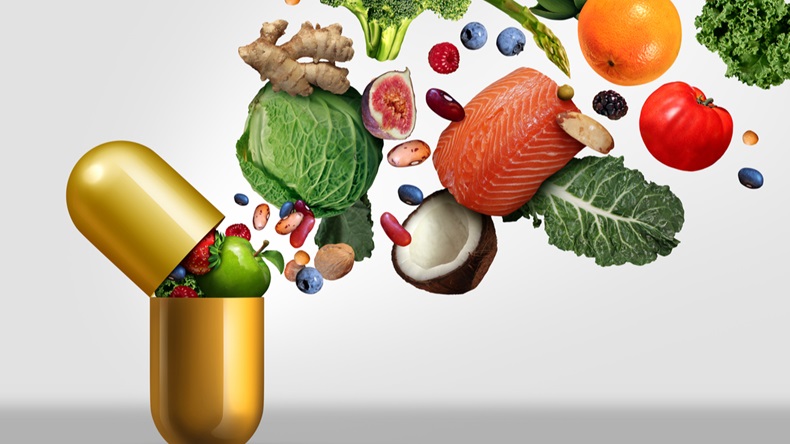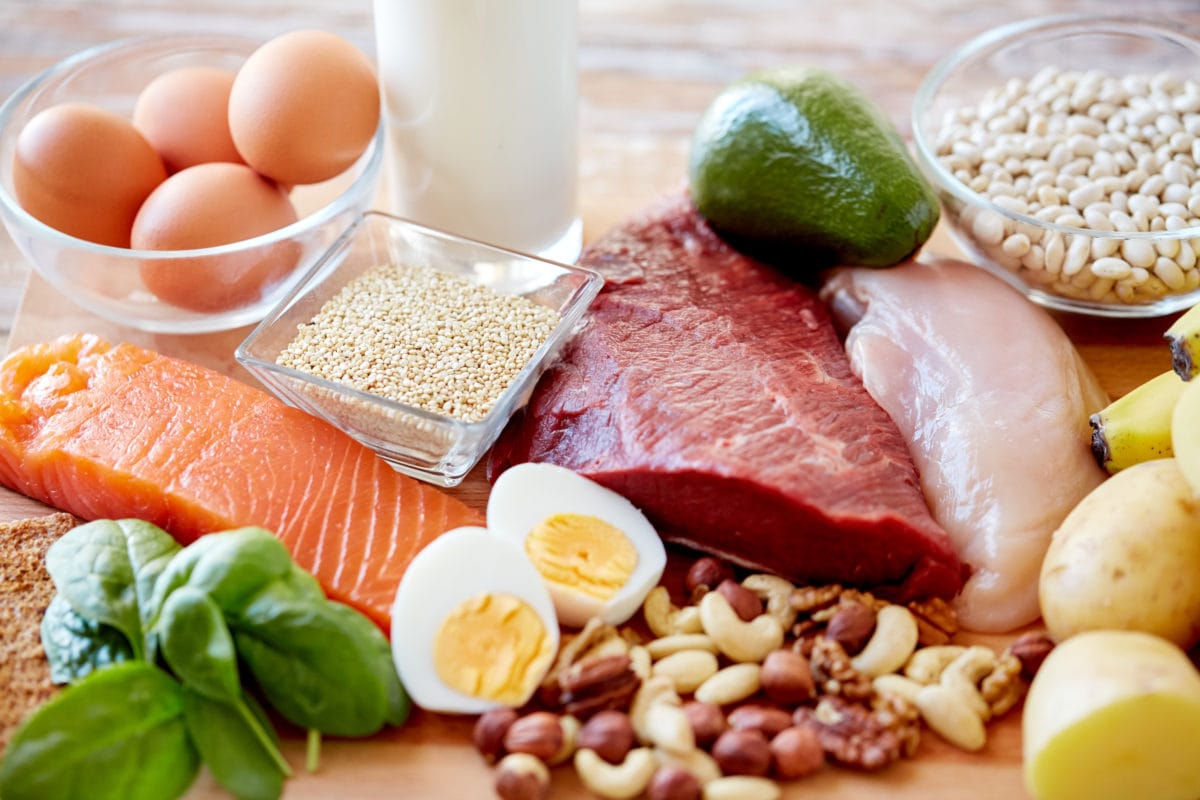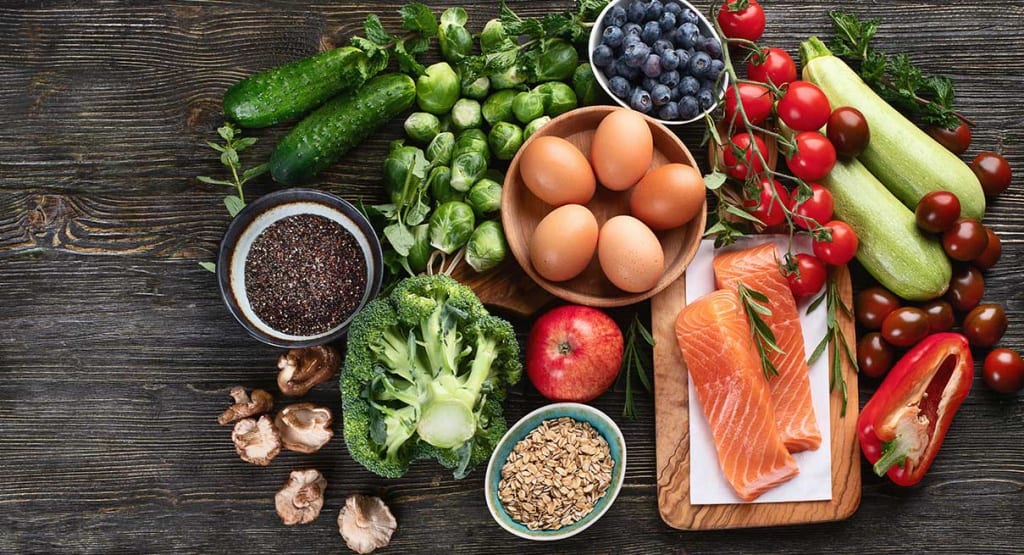Nutrients are defined as “a substance that provides essential foods for growth and maintenance of life.”It comes from the Latin word nutrient and means “nourishing”. “Thinking about food from a nutrient-based perspective offers a thoughtful view of food choice.
For example, building a diet around nutrient-rich foods that meet a balance of macronutrients and work for you, and trying different foods with a variety of micronutrients can be a healthy and enjoyable way to eat and experience new foods.
Nutrition experts have divided nutrients-things like proteins, fats, vitamins and minerals-into two categories:
Macronutrients are nutrients that your body needs in large quantities. These are fats, proteins and carbohydrates.
Micronutrients are nutrients that your body needs in smaller quantities. These are vitamins and minerals.
Macronutrient
Macronutrients are divided into three categories: fats, proteins and carbohydrates. Everyone is needed in large quantities to support their health and well-being. Nutritionists recommend balancing your macronutrient intake with a mixture of each. Everyone has their own specific individual needs, which vary from person to person.
Carbohydrate
Carbohydrates provide the body with energy. Carbohydrates are small chains of sugar molecules that break down into glucose. Nutritionists recommend that carbohydrates make up about 35-65% of your diet. Healthy carbohydrates include whole grains, root vegetables, leafy greens, and fiber-rich fruits such as apples, pears, and bananas.
Grease
Fat is essential for your overall health, as it promotes brain development, overall cell function, organ protection and vitamin absorption. It has also been shown to reduce the peril of heart ailment and stroke. Nutritionists recommend that fats make up 20 to 35% of your food intake. Healthy fats include oils (coconut), avocados, nuts and eggs.
Proteins
Proteins help support a healthy immune system, repair and regenerate tissues and cells, and make hormones. When you eat protein, it is broken down into amino acids, which contributes to muscle building and regular immune function. Nutritionists recommend that 10-35% of your diet should consist of protein. Healthy proteins include nuts, seeds, legumes, olives, avocados, fatty fish and eggs.
Micronutrient
Micronutrients are essential vitamins, minerals and biochemicals that our body needs for proper growth and functioning. – working and protect our overall health.
We need to get micronutrients from high-quality foods because our body cannot produce them. When we pack our meals with nutrient-rich foods, the micronutrients we consume can improve our health and our skin by providing essential vitamins and minerals for the optimal functioning of our body.
The largest source of micronutrients are high-quality whole grains, proteins, fruits and vegetables. Eating healthy meals that contain foods that contain essential micronutrients is the best way to provide your body with energy. The powerful antioxidant benefits can even help our body fight ailments, certain cancers, Alzheimer’s ailment and heart ailment.
QUICK TIPS FOR INSTALLING MICRONUTRIENTS
Fill up on energy for your body and enrich your meals with healthy foods rich in micronutrients and rich in vitamins and trace elements such as iron, zinc, fluoride, selenium, copper, chromium, iodine and manganese.
Eat vegetables with every meal. Add spinach to the eggs, try a green cabbage sandwich, add cabbage to a frying pan.
Snack on nuts and seeds. Look for those that are organic, raw and free of sugar and fillers like palm oil.
Sweeten your plate with berries. They are rich in antioxidants and anti-inflammatory. Look for organic berries, as conventional berries (especially strawberries) can have a high content of pesticides.
Batch cook whole grains rich in vitamin B, iron, magnesium and selenium. Amaranth, buckwheat, wild rice, oats, millet and barley are delicious whole grains.
Fill your pantry with legumes (including beans, peas and lentils) and add them to salads, soups and even smoothies.






